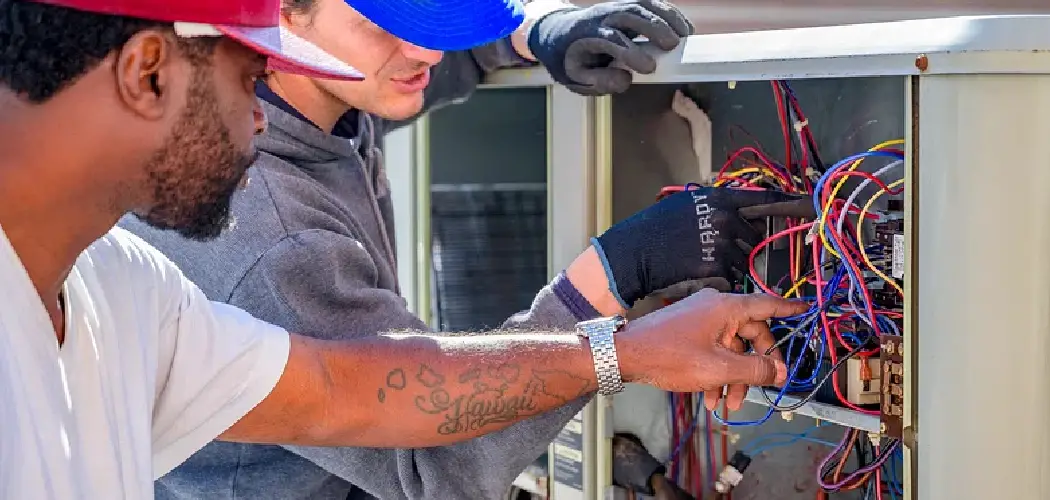Identifying and addressing an electrical burning smell in your home is crucial for preventing potential fire hazards. Such smells often signify underlying issues that can lead to dangerous situations if left unresolved. The dangers associated with electrical burning smells include fire risk, damage to electrical systems, and significant safety concerns for all occupants.
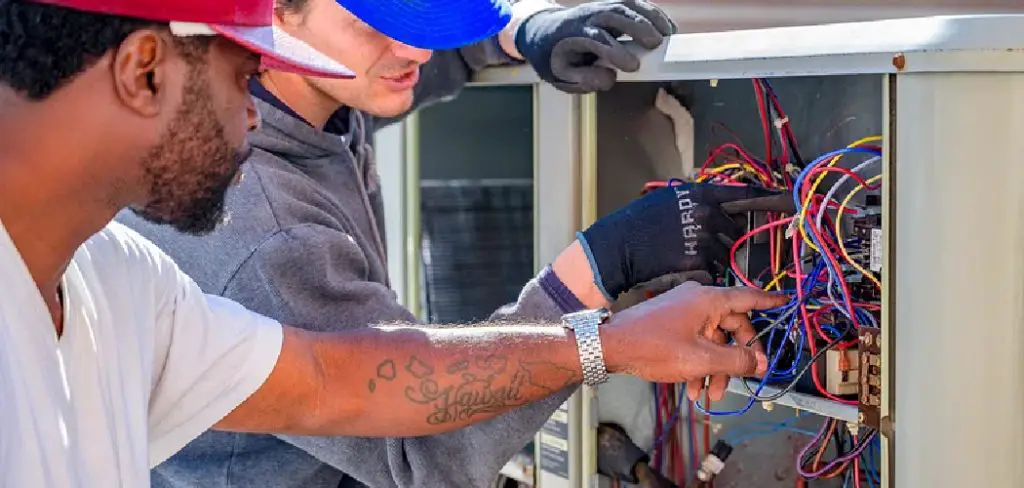
Act swiftly when this scent is detected, as it may indicate overheating wires, faulty connections, or malfunctioning appliances. This article will provide a comprehensive guide on how to find source of electrical burning smell, beginning with initial checks and progressing to more detailed inspections, ensuring that homeowners are well-informed about the steps to take.
Should the source remain elusive, seeking professional assistance is advised to mitigate any risks effectively.
Initial Safety Precautions
Turn Off Power
The first step when detecting an electrical burning smell is to immediately turn off the power to the affected area or, if the source is unclear, to shut off power to the entire house. This can typically be accomplished by locating and switching off the main circuit breaker. This action not only helps prevent further electrical damage but also reduces the risk of sparking a fire due to faulty wiring or overloaded circuits.
Evacuate if Necessary
If the burning smell is strong or accompanied by visible smoke, it is crucial to prioritize safety by evacuating the home without delay. Once outside, call emergency services to report the situation. Trained professionals can safely assess the extent of the problem and take appropriate measures. It is important not to ignore any signs of danger, as swift action can help protect both lives and property from potential harm.
Identifying Common Sources of Electrical Burning Smell
Overloaded Circuits
Overloaded circuits are one of the most common causes of electrical burning smells. When too many devices draw power from a single circuit, it can lead to overheating of the wires, which may produce a burnt odor. Signs of overloaded circuits include frequent tripping of breakers, dimming lights when multiple devices are in use, or a noticeably warm electrical panel.
To address this, check the breaker panel for any circuits that have tripped, and take note of which devices may be contributing to the overload. It may be beneficial to redistribute the load by plugging devices into different outlets or circuits to prevent overheating.
Faulty Outlets or Switches
Worn-out or damaged outlets and switches can also generate heat, leading to a burning smell. Common signs include discoloration around the outlet, visible sparks when plugging in devices, or warmth to the touch. These issues could indicate loose connections or an underlying fault requiring immediate attention.
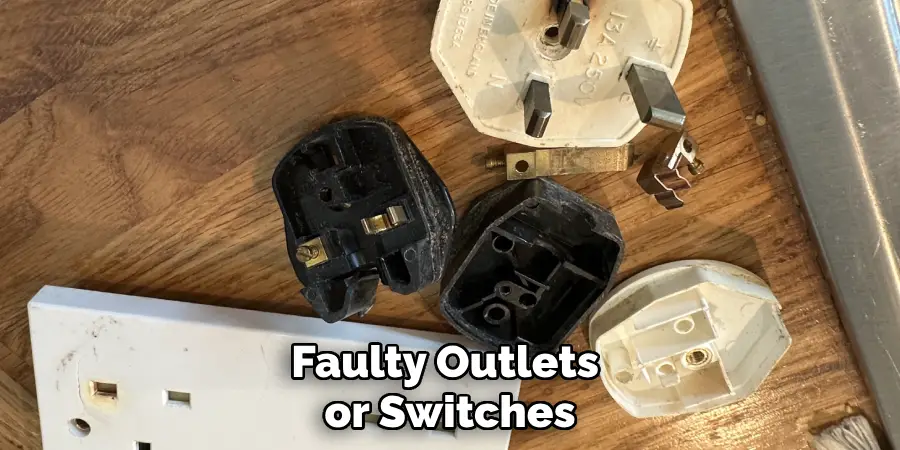
When assessing outlets and switches, inspect them closely for any signs of damage. If you notice an outlet or switch that feels warm, it could be the source of the smell and should be replaced promptly to avoid further hazards.
Malfunctioning Appliances
Another potential source of electrical burning smells is malfunctioning appliances, particularly those that feature motors, heating elements, or high power draw. Appliances such as toasters, microwaves, and air conditioners can overheat if they have faulty components or malfunction, resulting in a burning smell.
If you detect such an odor, begin by unplugging any appliances used when the smell was first noticed. Carefully inspect these devices for signs of overheating, damaged cords, or components that appear burned or melted. If any appliance displays such signs, it must be serviced or replaced by a qualified technician to prevent any fire hazards.
How to Find Source of Electrical Burning Smell: Inspecting the Electrical System
1. Check Electrical Panels and Breakers
A thorough inspection of your electrical panel is crucial in identifying the source of the burning smell. Begin by examining the panel for any visible signs of damage, including melted wires or scorch marks. If you notice any abnormalities, it could indicate overheating or an electrical fault.
You should also be mindful of any unusual smells emanating from the panel itself, which often signal serious issues. After completing the visual check, test the breakers by flipping them on and off to reset them. Take note of any breakers that trip repeatedly or produce a burning smell, as these circuits may be overloaded or experiencing other problems requiring further investigation.
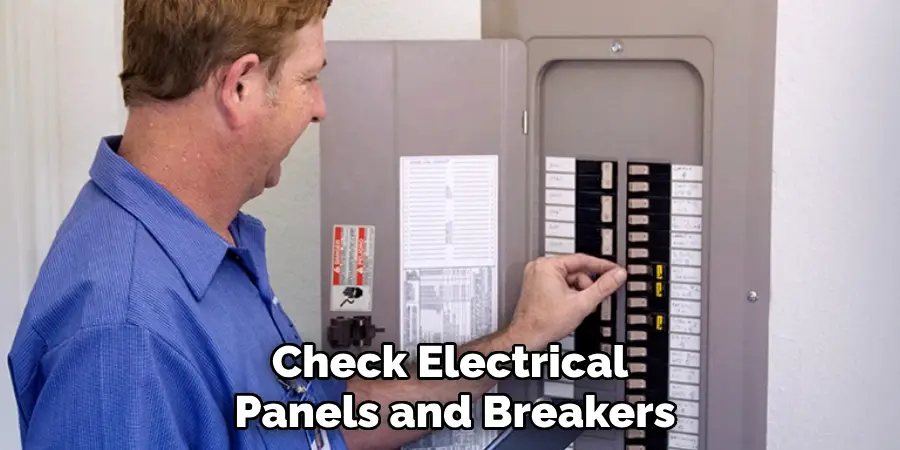
2. Inspect Wiring
Next, direct your attention to any visible wiring in your home, particularly in areas where the burning smell is most pronounced. Look for frayed, melted, or discolored wires, which can be key indicators of overheating and potential fire hazards. Pay special attention to connections that may appear loose or corroded, as these can significantly increase the risk of electrical issues. Additionally, check junction boxes, which often house multiple wire connections. Open these junction boxes to inspect the wires and ensure that all connections are secure and devoid of damage. This step can help you identify underlying problems and prevent further hazards.
3. Look for Hidden Issues
Many electrical problems can stem from issues hidden behind walls or in ceilings, making it essential to be vigilant. When you detect a burning smell, pay close attention to areas where the scent is strongest, as these might be indicative of concealed wiring problems.
If you suspect that there could be issues within your walls, consider seeking professional assistance to conduct a more invasive assessment. Another effective way to uncover hidden issues is by removing outlet covers. This allows you to examine the internal components for signs of heat, burning, or loose connections that may not be immediately visible. Monitoring your outlets for these signs can play a key role in maintaining overall electrical safety in your home.
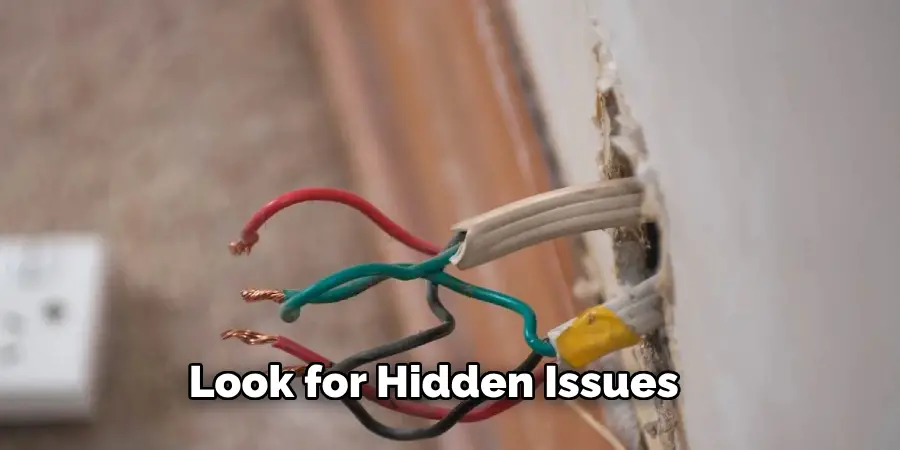
Be proactive in your inspections, and never hesitate to contact an electrician if you feel overwhelmed or unsure about any findings. Taking these steps can significantly mitigate the risks associated with electrical burning smells and help ensure the safety of your household.
What to Do If You Can’t Find the Source
If the source of the electrical burning smell remains elusive despite thorough inspections, it is crucial to take immediate action. Do not hesitate to call a professional electrician. Trained and experienced, they possess the necessary tools and expertise to safely diagnose the issue and perform any necessary repairs. Their knowledge can also help identify potential problems that may not be apparent during a visual inspection.
Call a Professional Electrician
Contacting a licensed electrician is paramount when faced with an elusive smell or concerning findings. These professionals are well-equipped to handle electrical diagnostic challenges and can ensure that your home is safe from possible dangers. They will assess the situation and implement appropriate solutions, giving you peace of mind.

Do Not Ignore the Smell
An electrical burning smell should never be dismissed, even if it appears to dissipate temporarily. Such odors often indicate underlying problems that could escalate into significant fire hazards if neglected. Always err on the side of caution and address these smells promptly to ensure the safety of your home and loved ones.
Preventive Measures
Regular Electrical Inspections
It is highly recommended that regular electrical inspections by a qualified electrician be scheduled, particularly in older homes or following significant renovations. These inspections play a critical role in identifying potential issues early on, allowing for timely interventions that can prevent electrical hazards. An experienced electrician can assess your system, ensuring all components function correctly and safely.
Avoid Overloading Circuits
To minimize the risk of electrical fires, avoid overloading circuits by spreading out the electrical load across multiple outlets. Unplugging unused appliances and utilizing surge protectors can significantly reduce the likelihood of overheating. By being mindful of your electrical usage, you can create a safer environment and extend the life of your electrical system, ultimately contributing to the safety and efficiency of your household.
Signs of Electrical Issues to Watch For
Frequent Breaker Trips
If your circuit breakers frequently trip, it may be a sign of an underlying electrical issue. This could indicate an overloaded circuit, where too many devices draw power from a single line, or it may point to faulty wiring that could lead to more severe problems if not addressed promptly.
Flickering Lights
Flickering or dimming lights can also signal electrical problems in your home. These erratic changes in brightness often result from loose connections or malfunctioning wiring. If left unchecked, such issues can lead to overheating and potentially produce a burning smell, indicating a serious risk.
Buzzing or Crackling Sounds
Pay close attention to any unusual sounds, such as buzzing or crackling, from outlets or light switches. These noises can indicate electrical arcing, a significant fire hazard that can lead to overheating. This often occurs alongside a burning smell, highlighting the need for immediate inspection and resolution.
Conclusion
Detecting an electrical burning smell should prompt immediate action to ensure safety. First, prioritize safety by turning off the power at the circuit breaker and evacuating the area if the smell intensifies. Then, potential sources can be identified by inspecting visible wiring, outlet covers, and junction boxes for signs of damage or overheating.
If you cannot locate the source, it’s crucial to call a professional electrician who can accurately diagnose the issue. Remember, knowing how to find source of electrical burning smell can prevent significant hazards. Act quickly; these smells often indicate underlying problems that may lead to dangerous fire risks if ignored.
Regular inspections and being mindful of electrical usage can further safeguard your home. Always take electrical burning smells seriously—your safety and the well-being of your loved ones depend on it.

